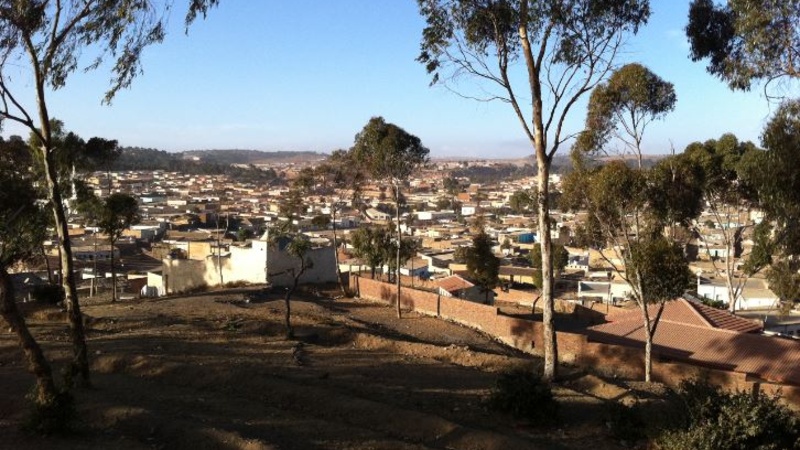Course Details
 Description
Description
The full-time PhD course is structured as a three year programme (nine terms) with an expectation that PhD students will submit a full draft of their thesis at the end of the third year or soon after. Students should submit their thesis for examination by viva during their 4th year if not before, unless they can invoke truly exceptional grounds (for instance a medical emergency) to justify deferring submission. Candidates on the three-year course are expected to devote themselves full-time to their studies.
Most of our PhD students spend their second year away from Cambridge, conducting their fieldwork for which some limited financial assistance is available.
A part-time PhD route is available and proceeds in a similar sequence but over a longer duration, with a maximum allowed length of seven years. Candidates who intend to carry out fieldwork as part of their doctoral research cannot be considered for the part-time route.
In the first year of the PhD programme there is a focus on training in research methods and transferable skills. Students will take a Research Methods course and it is compulsory for all first year PhD students to attend, including part-time students. Students are also encouraged to attend seminars and other events that are organised by the Centre of Development Studies and departments throughout the University, such as the Social Sciences Research Methods Centre. All candidates for the PhD programme are not at first registered for the degree, as they have to pass a registration exercise towards the end of the first academic year of study. The registration exercise aims to ensure that the candidate’s project is viable, that an appropriate methodology has been developed, and that the candidate is capable of carrying the project through successfully. Failure to pass the registration (which may be repeated only once) will result in removal from the course. Details of First Year Assessment for current First Year students are found on Moodle.
Transferable Skills Training is available through the University and further information can be found here.
PhD students are invited to give a presentation on their own research at seminars run by the Centre. This is a great opportunity to develop presentation skills and receive valuable feedback from both senior academics and peers relating to their thesis. Presentation of a paper at one of these seminars is a requirement of the PhD programme.

The essence of the Cambridge experience, however, is that the PhD candidate works closely with the PhD supervisor. He or she will help the candidate develop the thesis project through discussion and the review of draft materials presented by the candidate.
The process of working on the thesis will differ from candidate to candidate, depending on their project, their preferences and the style of supervision adopted. However, in general, it is expected that the first year will be devoted not only to completing the Research Methods modules, but also to the development of a detailed and well thought-through thesis outline and methodology. In particular, at the outset, the student should devote some time to considering how they will be making an original contribution to the field through their work.
As members of a research-oriented institution, Cambridge University academic staff are entitled to sabbatical leave. As a result, it is possible that in any particular term or year one of the members of the academic staff may be away. The University always endeavours to make appropriate arrangements for substitute teaching, but occasionally one or another option may be suspended during a staff member's leave.
By the end of the programme, candidates will have acquired excellent skills, experience and knowledge to undertake postdoctoral work (research, teaching or both) or another profession related to the field of development studies.
